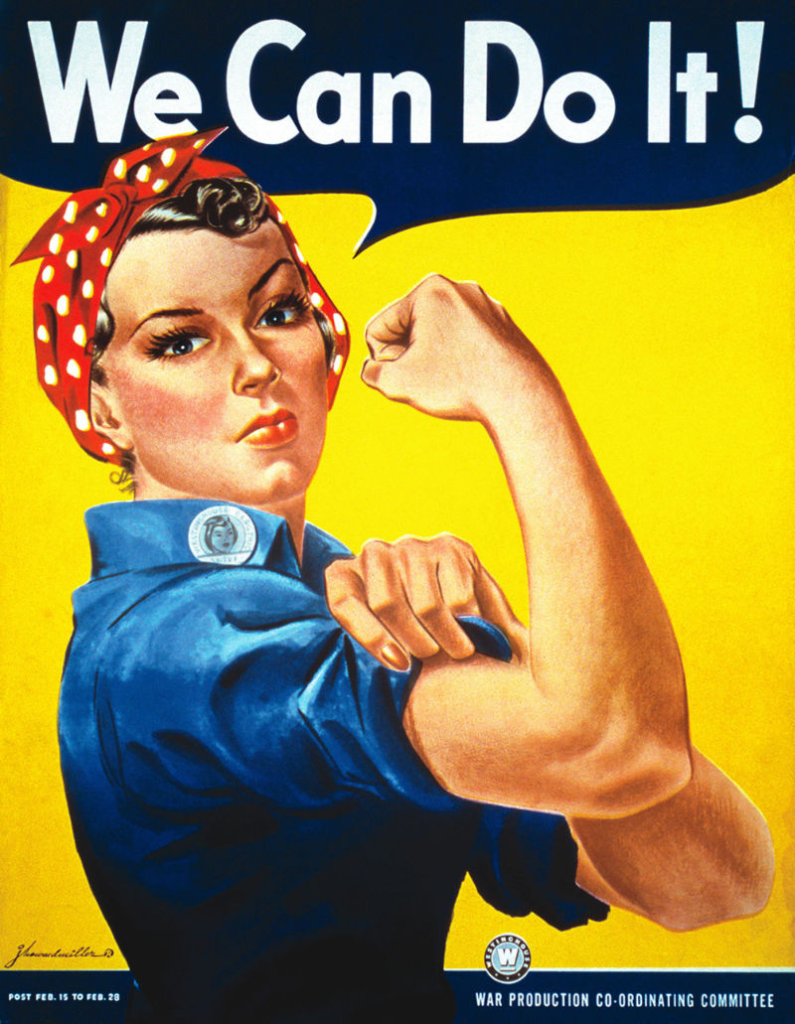The Power of Propaganda: How Words Can Shape Our Reality

Propaganda, the deliberate and systematic dissemination of information, often biased or misleading, to promote a particular political cause or point of view, has been a powerful force throughout history. From ancient empires to modern nations, those seeking to influence public opinion have wielded the tools of propaganda to shape perceptions, manipulate emotions, and ultimately, control behavior. While often associated with totalitarian regimes, propaganda is a ubiquitous phenomenon, subtly woven into the fabric of everyday life, from advertising to political discourse. Understanding its techniques and historical impact is crucial to navigating the complex information landscape of the modern world.
Techniques of Persuasion: A Toolbox of Manipulation
Propaganda employs a variety of persuasive techniques to achieve its objectives. These techniques often exploit psychological vulnerabilities and rely on emotional appeals rather than reasoned arguments. One common tactic is name-calling, which involves attaching negative labels to individuals or groups to discredit them without engaging with their ideas. Glittering generalities use vague, emotionally appealing words to associate a cause or product with positive values, such as freedom, patriotism, or family. Testimonial involves using endorsements from celebrities or respected figures to lend credibility to a particular viewpoint, even if those individuals lack expertise in the subject. Bandwagon appeals to the desire to belong, suggesting that everyone is doing or believing something, so you should too. Plain folks propaganda attempts to portray the speaker or product as relatable and ordinary, appealing to the common person. Card stacking involves selectively presenting information to favor one side of an argument while ignoring or downplaying opposing viewpoints. Finally, fear-mongering uses fear and anxiety to manipulate public opinion, often by exaggerating threats or creating a sense of crisis.
Historical Impact: Shaping the Course of Nations
The impact of propaganda throughout history is undeniable. Ancient rulers used propaganda to solidify their power and inspire their armies. Religious institutions have employed propaganda to spread their doctrines and maintain their influence. The printing press revolutionized propaganda, enabling the widespread dissemination of information and ideas. The 20th century witnessed the rise of sophisticated propaganda machines in totalitarian states, such as Nazi Germany and the Soviet Union, where propaganda was used to control every aspect of public life. These regimes demonstrated the devastating potential of propaganda to dehumanize entire groups of people, justify violence, and manipulate populations into accepting even the most abhorrent ideologies. World War I and World War II saw propaganda employed on a massive scale by all sides, with each nation attempting to demonize the enemy and rally support for the war effort.
Modern Manifestations: Propaganda in the Digital Age
In the digital age, propaganda has taken on new forms and reached new levels of sophistication. The internet and social media platforms have become fertile ground for the spread of misinformation and disinformation, often amplified by algorithms and echo chambers. “Fake news” and conspiracy theories proliferate online, blurring the lines between fact and fiction and making it increasingly difficult to discern the truth. Foreign actors have also used social media to interfere in elections and sow discord within democratic societies. The ease with which information can be created and disseminated online has made it more challenging than ever to combat the influence of propaganda.
The Importance of Critical Thinking: Resisting Manipulation
In a world saturated with information, developing critical thinking skills is essential to resisting the influence of propaganda. We must learn to question the sources of information, identify bias, and evaluate evidence before accepting claims. Understanding the techniques of propaganda can help us recognize when we are being manipulated. It is also crucial to be aware of our own biases and to be open to considering different perspectives. By cultivating critical thinking and media literacy, we can empower ourselves to make informed decisions and resist the attempts of others to shape our reality.
In conclusion, propaganda has been a powerful force throughout history, shaping public opinion and influencing the course of nations. By understanding its techniques and recognizing its impact, we can become more discerning consumers of information and protect ourselves from manipulation. In the digital age, where information flows freely and misinformation spreads rapidly, critical thinking and media literacy are more important than ever. Only by cultivating these skills can we hope to navigate the complex information landscape and safeguard our autonomy in an increasingly interconnected world.




















